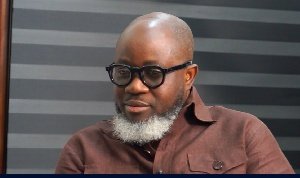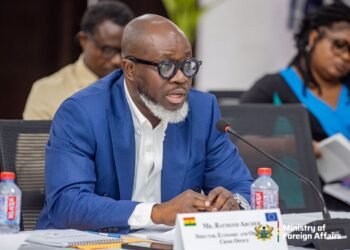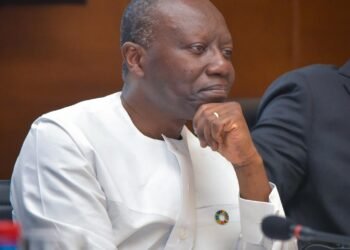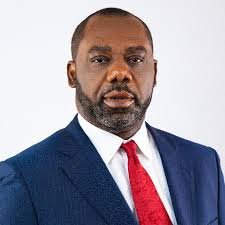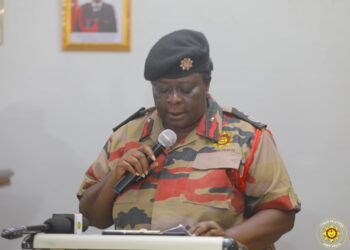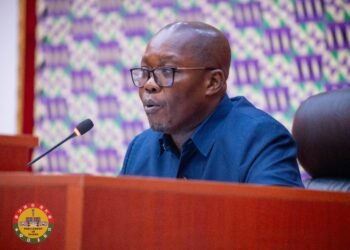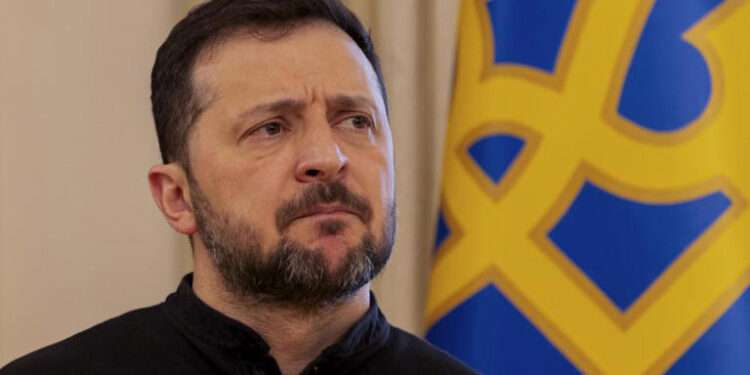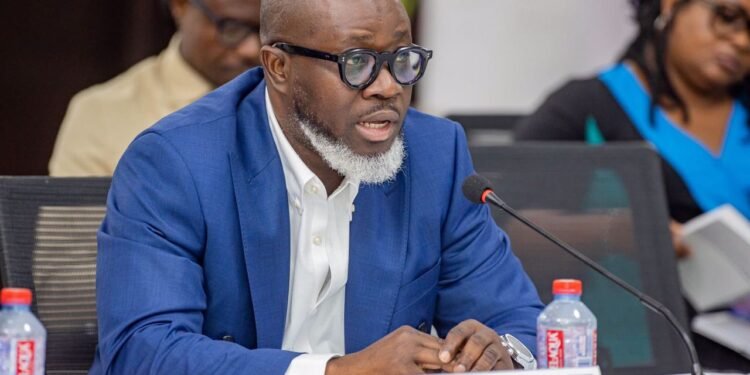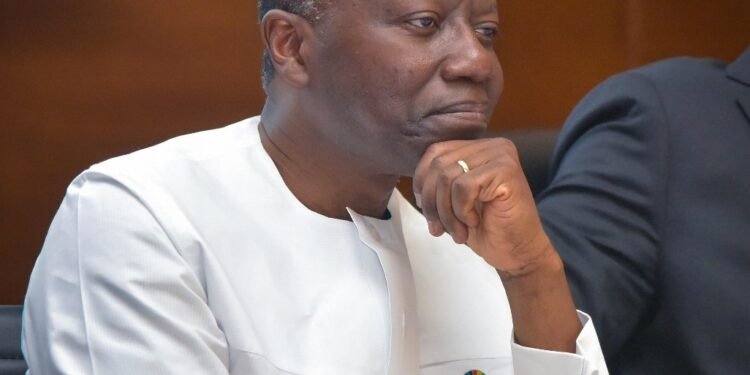Professor Jonathan Fletcher, of the University of Ghana, has raised concerns over the hindrances caused by delays in the disbursements of the District Assembly Common Fund (DACF), which are adversely affecting the seamless financing of basic education in Ghana.
Emphasizing the urgency of resolving this issue, he urged that special attention be paid to the matter at hand.
He underscored the significance of swift action to mitigate the negative impact of these delays on education financing.
“Delays in disbursements of DACF, in some cases they are not able to generate IGFs, delays in disbursements of funds affects the sector so badly. We have the almighty GETFund, GETFund is for education at all levels. How do we look at GETFund and ask, how is GetFund financing done? ”
Jonathan Fletcher
Highlighting the inadequacies of relying solely on governmental support for education financing, Prof. Fletcher advocated for the collective involvement of all stakeholders in achieving Goal 4 of the Sustainable Development Goals (SDGs).
“Should it be the sole responsibility of any government? In addition to these, we need to look for other sources. In other countries, individual philanthropists, communities, families and households come together to support [education].”
Jonathan Fletcher
“We should see education as an all-hand-on-deck affair to achieve Goal 4, government alone can’t do that”, he added.
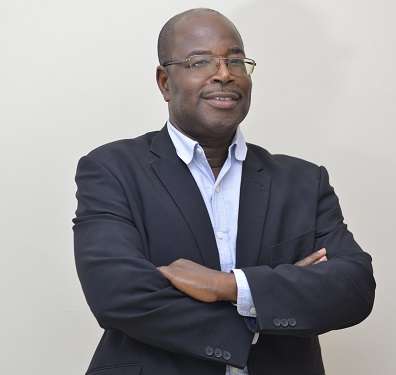
He stressed the necessity for a comprehensive approach to education financing, referencing the District Assembly Common Fund, the MPs Common Fund, MMDCEs’ Internally Generated Funds (IGFs), and the Ghana Education Trust Fund (GETFund). He urged the exploration of additional funding sources, drawing attention to the successful models in other countries where individual philanthropists, communities, families, and households contribute to supporting education. In his view, the concerted efforts of all stakeholders are pivotal in realizing Goal 4, as government initiatives alone may fall short of addressing the multifaceted challenges in education financing.
Moreover, Prof. Fletcher highlighted the imperative of addressing educational inequality. He urged a close examination of the existing disparities, particularly emphasizing the discrepancies between educational opportunities in urban and rural areas. Drawing attention to the stark contrast between the accessibility and quality of education in different regions, he stressed the need for comprehensive strategies to bridge the gap and ensure equitable access to quality education across all sectors of society.
“Inequality in education, we need to look very carefully, if education will be free and compulsory, children in cities and urban areas go to school and children in rural areas, unable to go. Let us look at that.”
Jonathan Fletcher
Budgetary Allocation For Education
Dr. Peter Partey Anti, the Executive Secretary of the Institute for Education Studies (IFEST-Ghana), stressed the urgency of providing adequate budgetary resources to the Ministry of Education, especially for basic education. He emphasized the pivotal role of strong foundational education in determining the quality of education at the secondary level, highlighting the direct correlation between the two.
“We need a redirection of the policy in terms of allocation. We need to feed the basic level with the needed resources so they can feed people into the secondary level”, he stated.
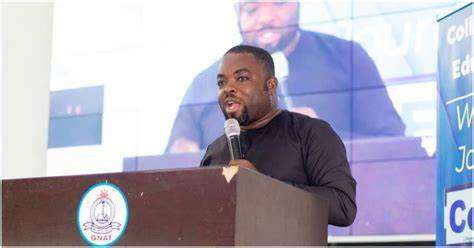
Additionally, Kofi Asare, the Executive Director of Africa Education Watch, called for the inclusion of provisions in the 2024 budget to address the deficit of textbooks in junior high schools.
“On the tracking of textbooks in basic schools, while the textbooks are not adequate, they represent a significant improvement from the baseline. Sixty-five percent of textbooks required in the four core textbooks at the primary level, Maths, English, Creative Arts, and Science, are available in our schools. Thirty-five percent of the textbooks are not available.
“There are distribution issues, so, some districts have more than they need, and some districts have less than they need. So apart from the distribution we need the remaining 35 percent.”
Kofi Asare
Furthermore, Dr. Adu Owusu Sarkodie, a Senior Lecturer at the Department of Economics at the University of Ghana, voiced concerns regarding the current Free Senior High School policy. Dr. Sarkodie emphasized the importance of redefining the policy to encompass essential elements such as quality, equity, and inclusivity.
He stressed the critical role of these components in determining the effectiveness of the free education policy, emphasizing the need for adequate infrastructure and resources to ensure a conducive learning environment. Urging a comprehensive reevaluation of the policy framework, Dr. Sarkodie highlighted the significance of ensuring that the policy promotes holistic and inclusive education to foster a conducive learning environment for all students.
READ ALSO: The Butterfly Movement Bashes NPP And NDC




